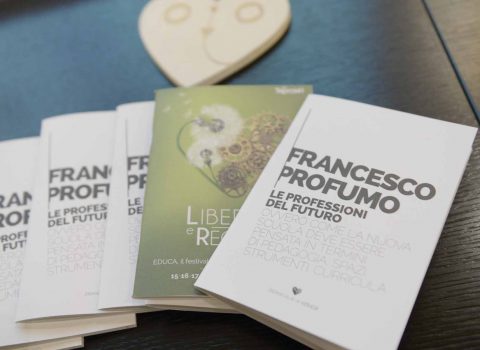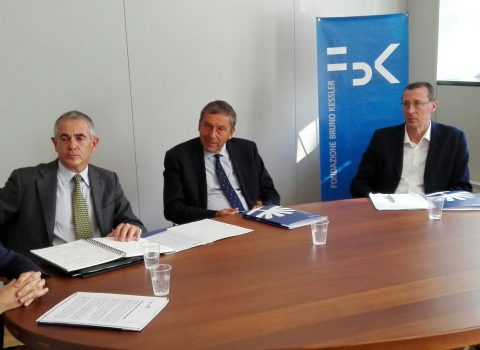
Never again in class without ICT!
How digital teaching has optimized the teaching-learning process
Learning objects, interactive books, Multimedia Interactive Whiteboards, OER (Opening Educational Resources), podcasts, social networks, Web 2.0…
The multimedia revolution is credited with having flipped the traditional set-up of teaching: from passive individuals who acquire knowledge, students were “promoted” to Key actors, to the main builders of their skills with the help of ICT that enable the exploration, manipulation, construction of information by activating important meta-cognitive processes.
What are the main advantages of technology in education? ICT goes hand in hand with cooperative methodologies: the combination of the IWB with classroom management allows to organize, cooperate, share and evaluate the activities carried out quickly and accurately.
What effects do these methods have on inclusion? Ed-tech software systems allow to adapt, facilitate and simplify the work needed to meet any type of special educational need.
Finally, the most obvious benefit of digital teaching is having created motivation to learn: quizzes, interactive games, map construction: audio and video products generate curiosity, facilitate learning and improve self-esteem.
So many useful tools in the teacher 2.0’s toolbox! The problem is that many schools in Italy lack information literacy, i.e. the skills required for using these technologies.
To acquire them, we just need to study and embrace the new “language” of teens who now mainly use social networks, applications, smartphones and tablets to communicate with friends and acquaintances. In this regard, I would like to point out two projects that I carried out together with high school kids that involved using Instagram:
 SOS Climate: promoting the sharing of images, opinions and activities related to environmental sustainability. The new spaces for outdoor teaching activities (Lamezia Terme city parks) proved flexible enough to allow diversified activities, more classes, groups of classes (vertical, open, etc.), general meetings, small meetings, with teachers playing the role of activities facilitators and organizers.
SOS Climate: promoting the sharing of images, opinions and activities related to environmental sustainability. The new spaces for outdoor teaching activities (Lamezia Terme city parks) proved flexible enough to allow diversified activities, more classes, groups of classes (vertical, open, etc.), general meetings, small meetings, with teachers playing the role of activities facilitators and organizers.
 European_guys_: raising awareness about the exercise of European citizens rights and duties. The creation of a page dedicated to European countries prompted the kids to search for original names, captivating images and interesting news to make their “creature” attractive enough to attract as many followers as possible. It emerged that the educational use of the social network generated curiosity enriching the educational background of young people.
European_guys_: raising awareness about the exercise of European citizens rights and duties. The creation of a page dedicated to European countries prompted the kids to search for original names, captivating images and interesting news to make their “creature” attractive enough to attract as many followers as possible. It emerged that the educational use of the social network generated curiosity enriching the educational background of young people.


